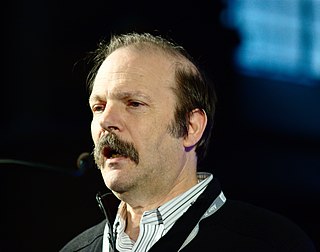A Quote by Tim Ferriss
As far as income goes, there are three currencies in the world; most people ignore two. The three currencies are time, income and mobility, in descending order of importance. Most people focus exclusively on income.
Related Quotes
For the three decades after WWII, incomes grew at about 3 percent a year for people up and down the income ladder, but since then most income growth has occurred among the top quintile. And among that group, most of the income growth has occurred among the top 5 percent. The pattern repeats itself all the way up. Most of the growth among the top 5 percent has been among the top 1 percent, and most of the growth among that group has been among the top one-tenth of one percent.
Three-fifths to two-thirds of the federal budget consists of taking property from one American and giving it to another. Were a private person to do the same thing, we'd call it theft. When government does it, we euphemistically call it income redistribution, but that's exactly what thieves do - redistribute income. Income redistribution not only betrays the founders' vision, it's a sin in the eyes of God.
Complementary currencies work in addition to existing money, rather than replacing existing, official money. There are whole different families of complementary currencies. One of them is local currencies. One is regional currencies. Another is functional currencies. Another is social-purpose currencies.
The people who are having the hard time right now are middle-income Americans. Under the president's policies, middle-income Americans have been buried. They're just being crushed. Middle-income Americans have seen their income come down by $4,300. This is a tax in and of itself. I'll call it the economy tax. It's been crushing.
The bottom quarter of the human population has only three-quarters of one percent of global household income, about one thirty-second of the average income in the world, whereas the people in the top five percent have nine times the average income. So the ratio between the averages in the top five percent and the bottom quarter is somewhere around 300 to one - a huge inequality that also gives you a sense of how easily poverty could be avoided.































